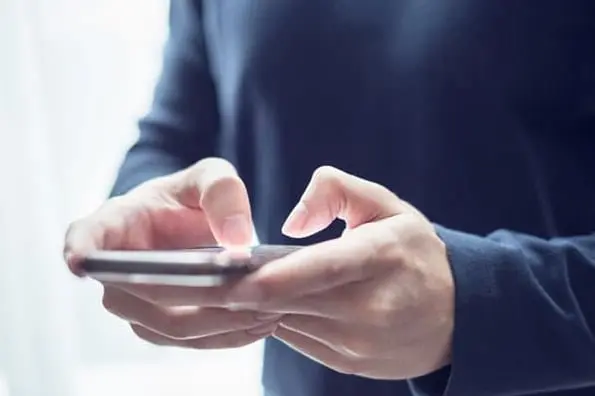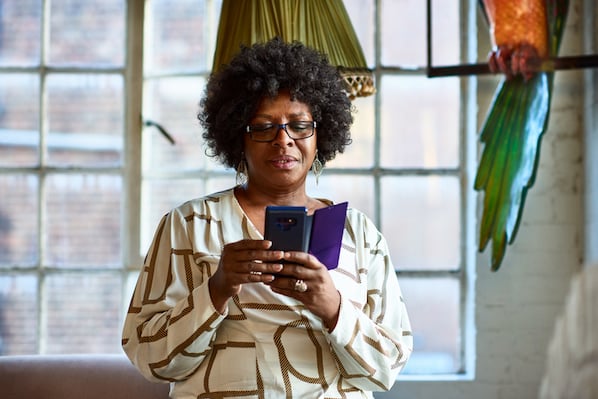 Yes, that's me -- steaming over the leaks from my brand-new roof installed by a name-brand, big-box home improvement center. It's bad enough that the roof leaked when it hadn't before. And, it was made even less palatable to deal with when one of the leaks was over my side of the bed.
Yes, that's me -- steaming over the leaks from my brand-new roof installed by a name-brand, big-box home improvement center. It's bad enough that the roof leaked when it hadn't before. And, it was made even less palatable to deal with when one of the leaks was over my side of the bed.
Repeated telephone calls to the sales person, the sales manager, the customer service manager, the regional manager, and the divisional manager all resulted in a total lack of response. For. Five. Months.
The Twitter Complaint
So, what did I do? I went to Twitter and started asking @BigBoxCares why my roof was leaking not in one place -- but several. And, with the Tupperware bowls littering my house to catch the inches of water flowing from the newly installed roof, a couple of Twitpics to share my annoyance.
Their tweeted response after my five moderately snarky tweets? "Please send an email to the @BigBoxCares customer service team with the name of the store that you purchased the roof, the installation date, and a complete history of the entire communication process. Oh, and by the way, please stop tweeting about your customer service concern because, you know, we care."
My tale of woe and subsequent turn to Twitter as recourse is not uncommon in today's highly socialized world of customer service. According to customer experience research company Maritz Research, nearly half of consumers who tweeted a complaint directed toward a brand expected the company to respond—or at least to read their tweet. However, only a third of those consumers received a tweeted response from the mentioned brand. I was lucky, I guess, if that is considered the norm that they bothered to answer.
Most people expect a response to their complaints. And because many consumers are using Twitter to talk about their experiences with brands, from time to time, they share their grievances. As more and more brands have joined Twitter, consumers’ expectation for interaction with brands has risen. The Maritz study indicates that 86% of Twitter complainers would have liked or loved to hear from the company regarding their complaints.
Expectations of Twitter Complainers
Here is a chart from eMarketer showing the age of the folks expecting a response from the brand they've tweeted. As you can see, the younger you are, the lower your expectations. I fall within the >50% population that expects a response.

Marketing Takeaway
Many brands are responding to tweets and mentions in order to maintain their reputations and sustain important customer relationships. Are you one of them? What are you doing to monitor your Twitter and other social media accounts to respond to and proactively prevent customer complaints?
Smart marketers understand the importance and impact of good customer service -- especially online customer service -- and how it can affect brand perception. Spend time monitoring your social media presence and reacting to both positive and negative mentions of your brand. Your prospects and customers will thank you.
Do you believe that consumers view brands that respond via Twitter positively?



![Twitter is Dead (Kind of): Where X Stands With Consumers [New Data]](https://www.hubspot.com/hubfs/Untitled%20design%20%2832%29-1.jpg)

![11 Twitter Alternatives Marketers Can Consider [Data + Expert Insights]](https://www.hubspot.com/hubfs/Twitter%20Alternatives.jpg)





